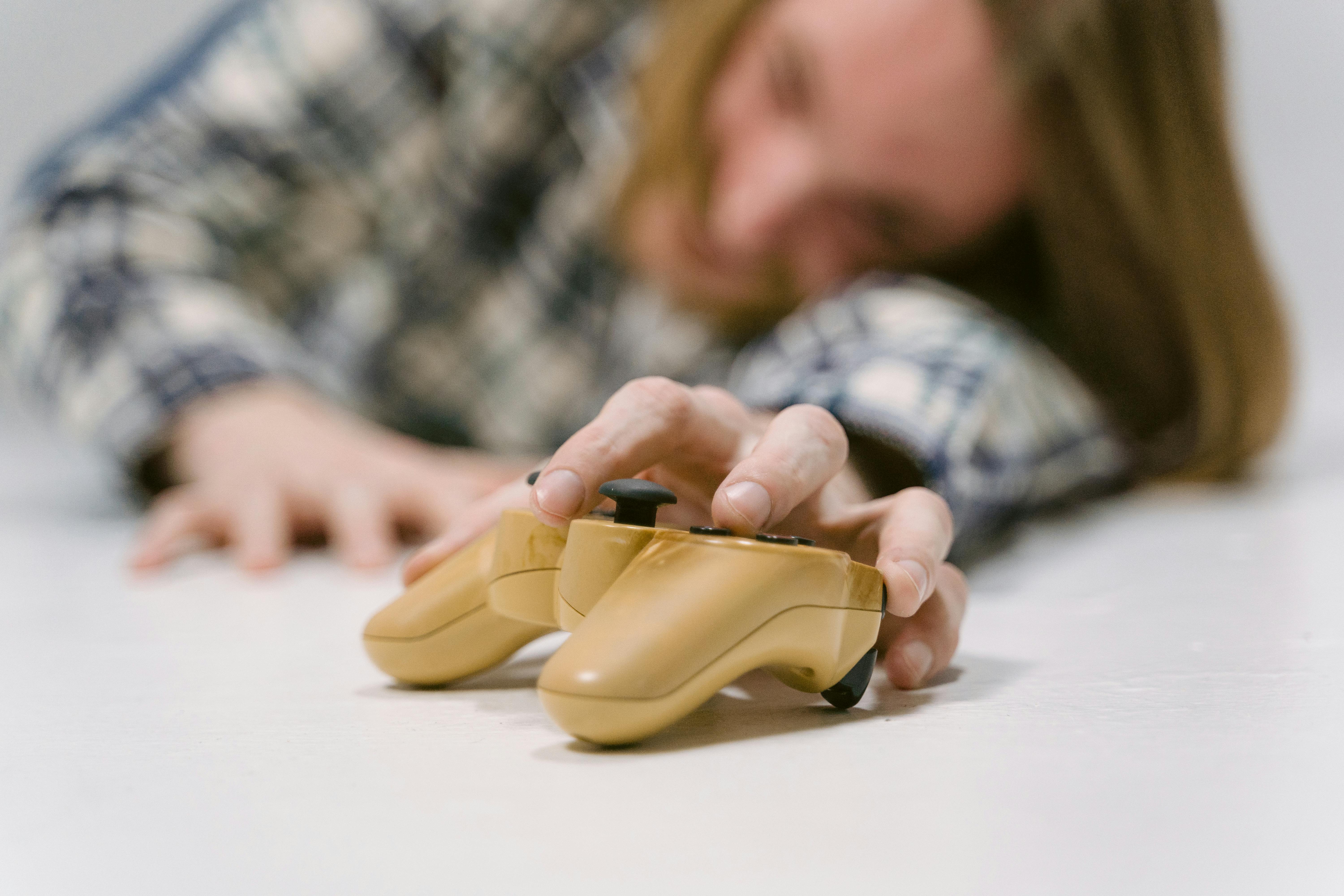A coup is often defined as a sudden and violent overthrow of a legitimate authority. In contemporary parlance, the word coup is most often used to refer to the overthrow of governments and also corporate leaders in what are called boardroom coups. There are two vitally important principles about coups. First, there can never be a coup when there is no legitimate authority, and second, there can never be a legitimate coup. By definition, a coup is illegitimate regardless of whom it is carried out against and whether it is violent or not. Having defined coups, in this issue we will explore the most rampant and debilitating of all coups called Deschapelles. The Deschapelles coup is insidious and non-violent because it is essentially a blow against oneself. It is a blow because it dethrons your legitimate and forces you to live in a self-imposed exile in an imaginary world in which you never reach your true potential. Let’s start by tracing the origins of the Deschapelles coup.
Alexandre Deschapelles, who lived between 1780 and 1847, was a highly intelligent French strategist and chess player who, as a young man, quickly established himself as the champion of his region. However, as the competition got tougher, he adopted a new condition for all matches: he would compete only if his opponent removed one of Deschapelles’ pawns and made the first move, increasing the odds that Deschapelles would lose. If he lost, he could blame the other player’s advantage and no one would know the true limits of his ability; But if he won against such odds, he would be even more revered for his incredible talents. Psychologists now use the term “Deschapelles coup” to refer to rampant acts of self-sabotage in today’s world.
Before exploring the Deschapelles coup further, a number of facts are worth mentioning. In the first place, it was Deschapelles who imposed the conditions that ultimately defined his game and harmed him. Like him, many of us like to make excuses and justifications for ourselves that ultimately get in the way. Second, these conditions were imposed in response to tougher competition. Likewise, it’s not uncommon for people to come up with all kinds of explanations when faced with big challenges. Third, although he became a very famous celebrity, Deschapelles never became a world or even a national champion. He could have been a world champion but he died a regional champion and he is only to blame for that. You are also to blame for all the things that you will not achieve or become in this life. In fourth place, against the odds that prevailed, Deschapelles won many games, but also lost a good number.
Many of us, in our various guises, behave like Deschapelles. Daily we make illegitimate traces about ourselves and our potentialities. As the competition got tougher, Deschapelles changed the rules of the game and introduced his own preconditions. Let’s be brutally honest here. The fact is, he was too shy to face the realities of greatness challenges head-on, and thus turned to playing “games” rather than participating in the actual competitive arena. To compensate for her shyness, she devised a self-training strategy. Deschapelles is not alone in this. Many people are so shy about facing the realities and consequences of real life, business, political, relational, and emotional challenges that they turn to playing “games.” Children will pretend to be sick to avoid difficult assignments; adults will change direction to avoid meeting someone to whom they owe, and in the workplace people will avoid meetings in which they are likely to face difficult situations. The common denominator in all these cases is the reluctance to face reality as it is. The simple truth is that there is no better time to face the odds than now and there is no better time to bite the bullet than now. Playing games simply wastes time and sabotages your chances of success. No matter how bitter the medicine is, it still needs to be swallowed and the sooner the better.
Greatness in any field of human endeavor comes at a price. The rule of the game is that the price of success must be paid in full, and there are no goodbyes. You can’t be successful first and then pay the price later. Payment is in advance. For Deschapelles, the price was to face tough competitors in a fair game of chess under well-established rules. He had to surpass the best to become the best. You too will have to beat the best if you want to be counted among the best.
It is instructive to note that Deschapelles’ strategy was in response to stiff competition. How we respond when the odds are against us ultimately determines how far we travel down the road to success. The average man responds to adversity by making excuses and rationalizations. Like Deschapelles, we tend to create something to signal in case we don’t succeed. Deschapelles had a strategy to save face and not a strategy for greatness. What is your strategy? Is it a strategy for success or is it an excuse to save face? There is a difference between a strategy and an excuse. Every excuse you give is a self-imposed coup.
The tragedy of the Deschapelles coup is that while you may avoid the pain of facing life’s current challenges, you will never reach your full potential. To this day no one knows how capable Deschapelles was. Was he a world beater or just good enough to be a regional champion? You will never know what you are really capable of unless you eliminate all the excuses and all the “games” you are playing.




